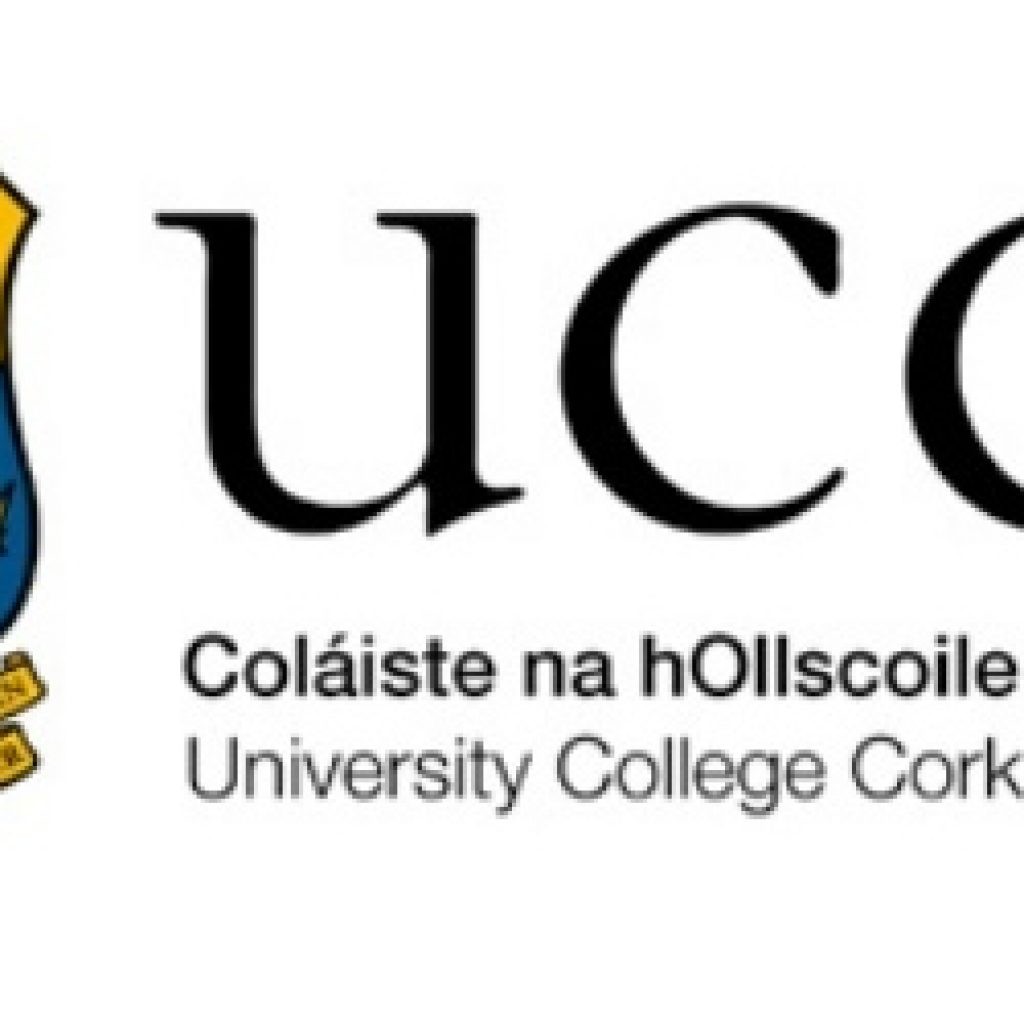(IrishTimes)
A breakthrough in superconductors has been announced by an international team. “Widely available quantum computing will be just as revolutionary – from where we are now – as regular computing was 30 or 40 years ago,” according to Séamus Davis, professor of physics and quantum physics at the University of Oxford and University College Cork; a key member of the research team.
A key raw material needed for quantum computers to work are superconductors. These materialsinclude several metals, ceramics and organic materials, conduct electricity with zero resistance.
The big problem with superconductors is that they need ultra-low temperatures to work. IBM built a “super fridge” to ensure the superconducting materials in the Q System One worked. The fridge operates at minus 273 degrees. That’s colder than space, and just above absolute zero, the temperature where atoms stop moving.
A few years ago Davis and his collaborators discovered why one superconductor worked only at very low temperature. They discovered that electrons – the tiny, highly energetic subatomic particles responsible for electricity – froze solid in the superconducting material when at room temperatures.
“The electrons inside a piece of metal; we all assume they move around,” Davis explains. “That’s how we get the electricity from the power station to our house, and the electrons in a superconductor are perfectly free to move around.”
“Theorists had predicted that there are some metals in which the electrons will crystallise, and they’ll stop moving,” says Davis. “So we invented a new type of microscope to look for that state, and in 2016 we discovered it.”
The microscope that facilitated that discovery was extraordinary as it operated at temperatures some 100 times colder than outer space. Davis built the microscope himself, which he says took him “six person years” to build.
if scientists can overcome the frozen electron effect seen in many superconductors at room temperature, then the way is clear for developing quantum computers that don’t require special refrigerated conditions to work.
Quantum Desktop Computer Edges Closer to Reality with Latest Breakthrough from Team at U College of Cork & U of Oxford
